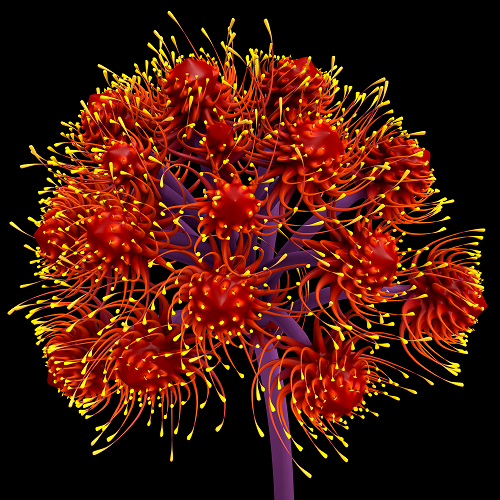Fugu
Procedural geometry with Lua.
(The project is over. This is an archive.)

Procedural geometry with Lua.
(The project is over. This is an archive.)

Fugu runs on Windows and OS X. It is alpha software and will surely contain bugs, but it should work well enough for you to enjoy it. (Note: It is no longer maintained.)
To learn Fugu, you can access a number of examples from the File/Examples menu in the software. There is also an online function reference and a discussion site.
Fugu is open source! The source can be accessed at bitbucket and is governed by the GPL. Got bugs? Please report them as issues on the bitbucket site.